Home>Furniture>Outdoor Furniture>How To Deter Wasps From A Patio
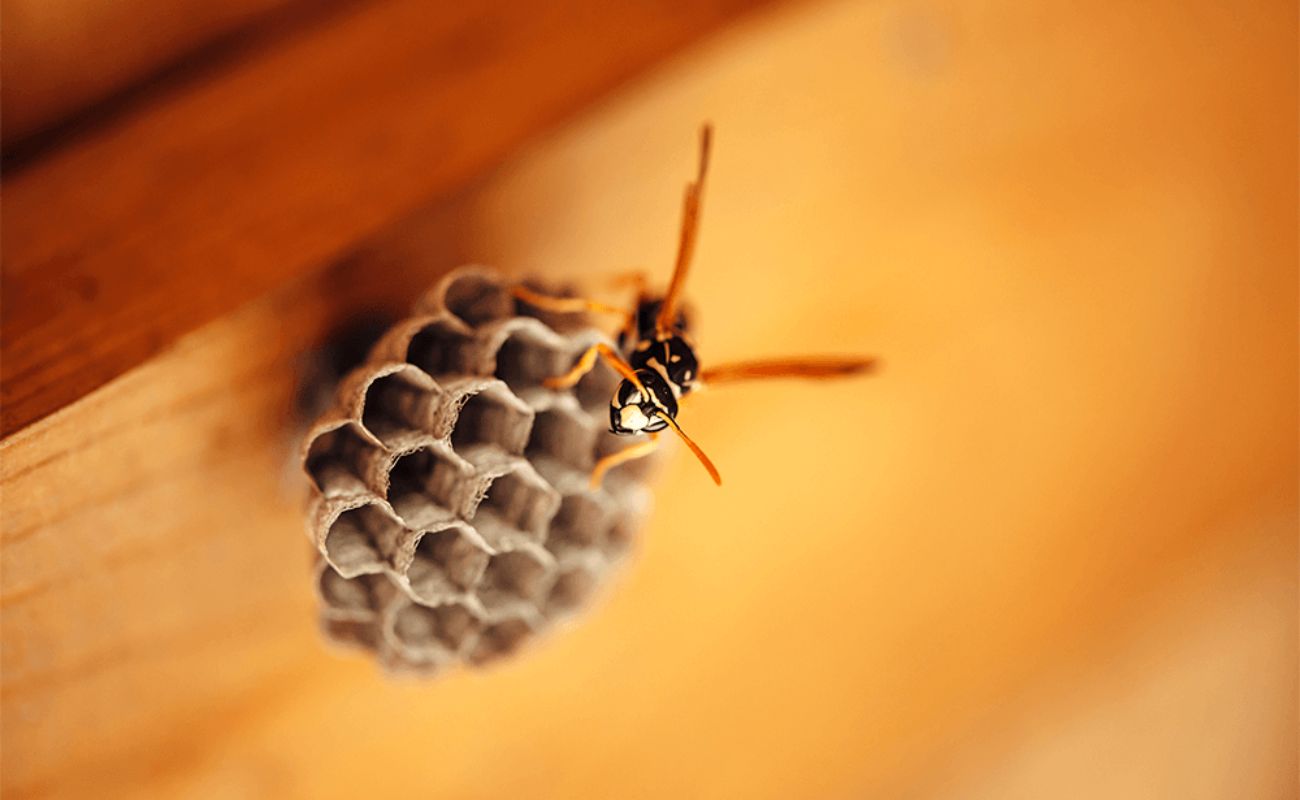

Outdoor Furniture
How To Deter Wasps From A Patio
Modified: August 17, 2024
Discover effective ways to keep wasps away from your patio and outdoor furniture. Learn simple strategies and deterrent methods to create a wasp-free outdoor space.
(Many of the links in this article redirect to a specific reviewed product. Your purchase of these products through affiliate links helps to generate commission for Storables.com, at no extra cost. Learn more)
Introduction
Welcome to our guide on how to deter wasps from a patio. If you love spending time outdoors on your patio, but find yourself constantly bothered by those pesky wasps, you’re not alone. Wasps can turn a pleasant outdoor experience into an unpleasant one, with their buzzing, stinging, and general nuisance. Thankfully, there are several steps you can take to deter wasps from making your patio their favorite hangout spot.
In this article, we’ll provide you with practical tips and strategies to create a wasp-free zone on your patio. We’ll discuss the behavior of wasps, the reasons why you should deter them, and various methods you can use to keep them away. Whether you’re planning a summer barbecue or simply want to enjoy a quiet afternoon reading outdoors, these tips will help you achieve a wasp-free environment.
Before we delve into the details, it’s important to understand a little bit about wasps and their habits. This knowledge will help us better devise effective strategies to deter them.
Key Takeaways:
- Keep wasps away from your patio by removing food and water sources, sealing cracks, and using natural repellents like essential oils and plants. Enjoy a peaceful outdoor space without the buzzing and stings!
- If DIY methods don’t work, consider hiring professional pest control to safely and effectively eliminate wasp infestations on your patio. Create a safe and enjoyable outdoor environment for your family and guests.
Read more: How To Deter Rats From The Patio
Understanding Wasps
Wasps are flying insects that belong to the order Hymenoptera, which includes bees and ants. Despite their reputation as bothersome pests, wasps play an essential role in the ecosystem as pollinators and predators of other insects.
There are different species of wasps, but the most common ones you’re likely to encounter on your patio are yellow jackets and paper wasps. Yellow jackets are aggressive and known for their ability to sting repeatedly, while paper wasps are less aggressive but can still sting if they feel threatened.
Wasps, like bees, have a slender body with a narrow waist and two pairs of wings. They have distinctive yellow and black markings that serve as a warning to potential predators. Unlike bees, wasps do not have a barbed stinger, which allows them to sting multiple times.
Wasps are attracted to various things, including sweet substances, protein-based foods, and human activity. They are particularly drawn to open food and sugary drinks, garbage cans, and areas with standing water.
It’s important to note that only female wasps are capable of stinging. The stinger is used both as a defensive mechanism and to paralyze their prey, which is typically other insects. When a wasp stings, it injects venom, which can cause pain, swelling, and allergic reactions in some individuals.
Understanding the behavior and habits of wasps is crucial to effectively deter them from your patio. By identifying the factors that attract them, we can implement strategies to repel them and create a more enjoyable outdoor space.
Why You Should Deter Wasps From Your Patio
While wasps do play a role in the ecosystem, having them buzzing around your patio can be bothersome and even dangerous. Here are a few reasons why you should take steps to deter wasps from your outdoor space:
- Reduced risk of stings: Wasps are not usually aggressive, but they can sting if they feel threatened. This can be particularly dangerous if you or someone in your family is allergic to their venom. By keeping wasps away from your patio, you decrease the chances of getting stung.
- Peaceful outdoor experience: Wasps can quickly ruin a peaceful afternoon on your patio. Their buzzing and constant presence can be distracting and make it difficult to relax and enjoy your time outdoors. By deterring wasps, you can create a more serene and enjoyable outdoor space.
- Protection of food and drinks: Wasps are attracted to sugary foods and drinks, as well as protein-based foods. They can quickly become a nuisance during outdoor meals or barbecues, as they hover around your food and drinks, making it unpleasant to enjoy your meal. By keeping wasps away, you protect your food and prevent contamination.
- Preservation of plants and flowers: Some species of wasps, such as paper wasps, build nests using plant material. If they establish their nests on or near your patio, they may cause damage to your plants and flowers. By deterring wasps, you can preserve the beauty of your outdoor greenery.
- Prevent nesting and future infestations: If wasps find your patio to be a suitable environment with ample food and water sources, they may decide to build their nests there. Once a nest is established, it can lead to future infestations and make it challenging to enjoy your outdoor space. By deterring wasps, you discourage them from nesting on your patio.
By taking steps to deter wasps from your patio, you create a safer and more enjoyable outdoor space for yourself, your family, and your guests. In the following sections, we’ll explore various strategies you can use to keep wasps away from your patio and minimize their presence in your outdoor living area.
Assessing Your Patio for Wasp Attractants
Before you can effectively deter wasps from your patio, it’s important to assess your outdoor space for potential attractants. Wasps are drawn to certain factors that make your patio appealing to them. By identifying and addressing these attractants, you can significantly reduce their presence. Here are some key areas to assess:
- Food sources: Wasps are attracted to sugary substances and protein-based foods. Check your patio for any open containers of food or drinks that may be luring them in. Be mindful of uncovered garbage cans or compost bins, as they can also attract wasps. Ensure that all food and waste are properly stored, sealed, or disposed of.
- Standing water: Wasps are also attracted to areas with standing water. Check for any sources of water on your patio, such as birdbaths, watering cans, or stagnant puddles. Make sure to empty or cover these areas to eliminate a potential water source for the wasps.
- Overripe or fallen fruit: If you have fruit trees or plants with ripe fruit near your patio, fallen or overripe fruit can attract wasps. Regularly clean up any fallen or decaying fruit to reduce the wasp activity. Consider removing any fruit-bearing plants or trees that are too close to your patio.
- Nesting sites: Check your patio for any potential nesting sites for wasps. This can include cracks and crevices in walls or furniture, gaps in eaves or rooflines, and hollow structures. Seal up any openings and repair any damaged areas to prevent wasps from establishing nests on or near your patio.
- Fragrances and scents: Some scents and fragrances can attract wasps. Avoid using strong floral or fruity scented products, such as perfumes or air fresheners, on your patio. Opt for unscented or natural scents instead.
By thoroughly assessing your patio for these potential attractants, you can identify areas that need attention and take appropriate action to deter wasps. In the following sections, we’ll discuss specific strategies and techniques to remove these attractants and create a wasp-free environment on your patio.
Removing Food and Water Sources
One of the key attractants for wasps on your patio is the availability of food and water sources. By removing these temptations, you can greatly reduce the presence of wasps. Here are some strategies to effectively remove food and water sources:
- Keep food and drinks covered: When enjoying meals or snacks on your patio, make sure to keep all food and drinks covered. Use lids, food covers, or mesh screens to prevent wasps from accessing your food.
- Clean up spills immediately: Wasps are attracted to sugary substances, so if any drinks or food spills occur on your patio, clean them up immediately. Wipe down tables, chairs, and any surfaces where spills may have occurred.
- Store garbage bins away: Wasps are attracted to the smell of rotting food. Make sure your garbage bins are tightly sealed and stored away from your patio. Regularly empty and clean the bins to eliminate any lingering odors.
- Remove fallen fruit: If you have fruit trees or plants that drop fruit near your patio, regularly remove fallen fruit. Wasps are drawn to overripe or decaying fruit, so by keeping your patio clear of fallen fruit, you remove a potential food source.
- Fix leaky faucets and pipes: Check for any sources of water on your patio, such as leaky faucets or pipes. Repair any leaks to eliminate standing water, as wasps are attracted to moist areas.
- Cover or remove water features: If you have a birdbath or any other water feature on your patio, consider covering or removing it. Standing water can attract wasps, so eliminating their access to water sources can help deter them.
- Clean outdoor grills: Grills can attract wasps due to food remnants and odors. Regularly clean your outdoor grill to remove any food residue and minimize the temptation for wasps.
By diligently removing food and water sources from your patio, you make it less enticing to wasps. This reduces their presence and decreases the chances of them disrupting your outdoor activities. In the next sections, we’ll discuss additional strategies to further deter the presence of wasps on your patio.
Read more: How To Deter Bees From A Patio
Sealing Cracks and Openings
Another important step in deterring wasps from your patio is to seal any cracks, gaps, or openings that could serve as potential nesting sites. Wasps are skilled at finding small crevices to build their nests, so it’s important to eliminate these entry points. Here’s what you can do:
- Inspect your patio: Carefully examine your patio for any cracks in the walls, floors, or furniture. Look for gaps in windows, doors, and screens as well.
- Fill cracks and gaps: Use caulk or sealant to fill in any visible cracks or gaps. Pay close attention to areas where wasps could potentially enter, such as gaps around windows and doors.
- Repair damaged structures: If you notice any damaged areas on your patio, such as rotting wood or broken walls, repair them as soon as possible. Wasps can detect weak structures and use them as potential nesting sites.
- Weatherstrip doors and windows: Install weatherstripping around doors and windows to create a tight seal. This prevents wasps from finding their way indoors through small gaps.
- Screen vents and openings: Ensure that all vents on your patio are properly screened to prevent wasps from entering. Check for any openings or gaps around pipes, electrical wires, or utility access points, and seal them off with mesh or sealant.
- Inspect patio furniture: Wasps may seek shelter in the cushions or crevices of your patio furniture. Check for any openings or tears in the fabric and repair or replace as needed.
- Secure garbage cans: Wasps may also use gaps in garbage can lids or openings as potential nesting sites. Make sure your garbage cans are tightly sealed and that lids fit securely.
By sealing cracks and openings on your patio, you create a less inviting environment for wasps to establish their nests. This reduces the chances of them building nests near your patio and helps deter their presence. In the next sections, we’ll explore natural repellents and plants that can further aid in keeping wasps away from your outdoor space.
Place a few fake wasp nests around the patio to deter real wasps from building nests. Wasps are territorial and will avoid areas where they think other colonies are already established.
Using Natural Wasp Repellents
If you prefer to avoid chemical-based repellents, there are several natural alternatives that can help deter wasps from your patio. These natural repellents are not only effective but also safe for you, your family, and the environment. Here are some natural methods you can try:
- Essential oils: Certain essential oils have a strong scent that can repel wasps. Peppermint oil, eucalyptus oil, and clove oil are known to be effective. Mix a few drops of your chosen essential oil with water in a spray bottle and spray it around your patio, focusing on areas where wasps tend to gather.
- Lemon and citrus: Wasps are deterred by the strong scent of citrus. Cut up fresh lemon or orange peels and place them strategically around your patio. You can also squeeze the juice of a lemon or orange into a spray bottle with water and spray it in wasp-prone areas.
- Vinegar: Mix equal parts vinegar and water in a spray bottle. Spray this mixture around your patio, paying close attention to potential nesting sites and areas where wasps are commonly seen. The strong scent of vinegar can repel wasps.
- Cayenne pepper: Create a solution by mixing cayenne pepper and water in a spray bottle. Spraying this mixture on your patio surfaces can deter wasps due to the spicy and pungent scent.
- Citronella candles: Burning citronella candles can help keep wasps and other flying insects away from your patio. The scent of citronella is a natural repellent for many insects.
- Wasp-repelling plants: Certain plants have natural properties that repel wasps. Planting mint, basil, lemongrass, marigolds, or geraniums around your patio can help deter wasps. Their strong scents or oils naturally repel these insects.
Remember to reapply natural repellents regularly, especially after rain or when the scent starts to fade. It’s important to note that while natural repellents can be effective in deterring wasps, their effectiveness may vary depending on the severity of the infestation and the species of wasps in your area. If you have a serious wasp problem, it may be necessary to combine natural methods with other strategies or seek professional assistance.
Next, we’ll explore the option of creating a wasp-free zone on your patio using specific plants known to repel these insects.
Creating a Wasp-Free Zone with Plants
One effective and natural way to deter wasps from your patio is by incorporating certain plants that are known to repel these insects. By strategically placing these plants around your outdoor space, you can create a wasp-free zone. Here are some plants that are known for their wasp-repellent properties:
- Peppermint: Peppermint has a strong scent that wasps dislike. Plant peppermint in pots around your patio or create a peppermint border to discourage wasps from entering your outdoor space.
- Lavender: Lavender not only adds beauty to your patio but also acts as a natural deterrent for wasps. Its calming fragrance is unpleasant to wasps and helps keep them away.
- Lemongrass: Lemongrass has a citrusy scent that repels wasps. Plant lemongrass in pots or create a lemongrass border around your patio to naturally deter these insects.
- Marigold: Marigolds have a strong smell that repels not only wasps but also other pests. Plant marigolds in your garden beds or place them in decorative pots on your patio to keep wasps at bay.
- Geraniums: Geraniums have a distinctive scent that wasps find unpleasant. You can place potted geraniums around your patio to repel these insects.
- Basil: Basil is not only a flavorful culinary herb but also a natural wasp repellent. Plant basil in pots near your patio or incorporate it into your garden to deter wasps.
Having these plants in your patio not only adds beauty and fragrance to your outdoor space but also naturally deters wasps. Their scents and natural properties act as a barrier and make your patio less inviting to these insects.
Remember to maintain and care for these plants to ensure their effectiveness. Regularly water them, provide adequate sunlight, and remove any dead or diseased foliage.
In the next section, we’ll discuss how to create DIY wasp traps to further deter these insects from your patio.
Making DIY Wasp Traps
If you’re dealing with a significant wasp population on your patio, you may want to consider making DIY wasp traps. These traps are designed to attract and trap wasps, helping to reduce their numbers and alleviate the nuisance they cause. Here are a few simple and effective DIY wasp trap methods:
- Bottle trap: Take a plastic bottle and cut off the top third portion. Invert the top part and place it back into the bottle, creating a funnel shape. Secure it with tape. Fill the bottom part of the bottle with a mixture of sweet liquid, such as sugar water or fruit juice, that will attract wasps. Hang the trap in a secluded area of your patio.
- Fruit trap: Cut a ripe piece of fruit, such as a peach or apple, into small chunks. Place the fruit pieces in a shallow dish and add a small amount of water. Cover the dish with plastic wrap and poke a few holes in it. The sweet scent of the fruit will attract wasps, while the plastic wrap and holes will prevent them from escaping.
- Mason jar trap: Fill a mason jar with a sweet liquid, such as sugar water or soda. Punch several small holes in the jar lid to allow wasps to enter. As they go inside to reach the liquid, they will get trapped without being able to find their way out.
- Soap trap: Mix dish soap with water in a shallow dish. Wasps are attracted to water sources but the soap will disrupt their water-repellent exoskeleton, causing them to drown.
Remember to place the traps away from your main seating or gathering areas to avoid attracting wasps closer to your patio. Additionally, always monitor and empty the traps regularly to prevent a buildup of trapped wasps. These traps are effective in capturing individual wasps and can help reduce their population over time.
While DIY traps can be effective in controlling wasps, it’s important to understand that they may not completely eliminate the problem. If you have a severe infestation or are dealing with aggressive wasp species, it’s best to seek professional pest control assistance for optimal results.
In the next section, we’ll discuss the option of hiring professional pest control to address your wasp problem.
Read more: How To Deter Frogs From Patio
Hiring Professional Pest Control
If you’ve tried various DIY methods and are still struggling with a persistent wasp problem on your patio, it may be time to consider hiring professional pest control services. Professional pest control experts have the knowledge, experience, and specialized equipment to effectively address wasp infestations. Here are a few reasons why hiring professional pest control can be beneficial:
- Expertise: Pest control professionals are trained in identifying different species of wasps and understanding their behavior. They can accurately assess the severity of the infestation and determine the most appropriate treatment methods.
- Safety: Wasps can be aggressive and their stings can be dangerous, especially for those who are allergic. Pest control professionals have the necessary protective gear and can safely handle and remove wasp nests from your property, minimizing the risk of stings and injuries.
- Integrated Pest Management (IPM): Pest control companies often employ an Integrated Pest Management approach. This means they focus on long-term solutions that include identification, prevention, and treatment methods specific to your property and the type of wasp infestation you’re facing.
- Specialized equipment: Pest control professionals have access to specialized tools and equipment that can effectively eliminate wasp nests. They can safely and efficiently remove nests from hard-to-reach areas, ensuring thorough eradication.
- Peace of mind: Hiring professionals gives you peace of mind knowing that your wasp problem is being addressed by trained experts. They can provide guidance on preventive measures to keep wasps away from your patio in the future.
When selecting a pest control company, make sure to choose a reputable and licensed provider. Seek recommendations from friends, family, or neighbors, and inquire about the methods they use to manage wasp infestations.
By hiring professional pest control services, you can effectively and safely eliminate wasp infestations on your patio. Their expertise and comprehensive approach will help ensure long-term results and a wasp-free outdoor space.
Before we conclude, let’s summarize what we’ve covered in this guide and emphasize the importance of taking action to deter wasps from your patio.
Conclusion
Detering wasps from your patio is essential in creating a pleasant and safe outdoor environment. By implementing the strategies and methods discussed in this guide, you can greatly reduce the presence of wasps and enjoy your patio to the fullest. Here’s a recap of the key points:
Understanding the behavior of wasps and assessing your patio for attractants is the first step. Identifying and eliminating food and water sources, sealing cracks and openings, and avoiding strong scents or fragrances will make your patio less appealing to wasps. You can also use natural repellents, such as essential oils, citrus fruits, vinegar, and plants like peppermint and lavender, to deter wasps.
Creating a wasp-free zone by strategically planting repellent plants like lemongrass, marigolds, and basil can provide an additional layer of defense. DIY wasp traps, made from simple materials like bottles, fruit, or soap, can help capture individual wasps and reduce their population.
If your wasp problem persists or if you’re dealing with a severe infestation, it’s advisable to seek professional pest control services. Pest control experts have the knowledge, expertise, and specialized equipment to safely and effectively address wasp infestations.
Remember, by deterring wasps from your patio, you reduce the risk of stings, create a peaceful outdoor experience, protect your food and plants, prevent nesting, and enjoy a wasp-free environment for you and your family.
Now it’s time to take action and implement these strategies on your patio. With persistence and the right approach, you can successfully deter wasps and create an enjoyable outdoor space for all your activities. Happy patio time!
Frequently Asked Questions about How To Deter Wasps From A Patio
Was this page helpful?
At Storables.com, we guarantee accurate and reliable information. Our content, validated by Expert Board Contributors, is crafted following stringent Editorial Policies. We're committed to providing you with well-researched, expert-backed insights for all your informational needs.
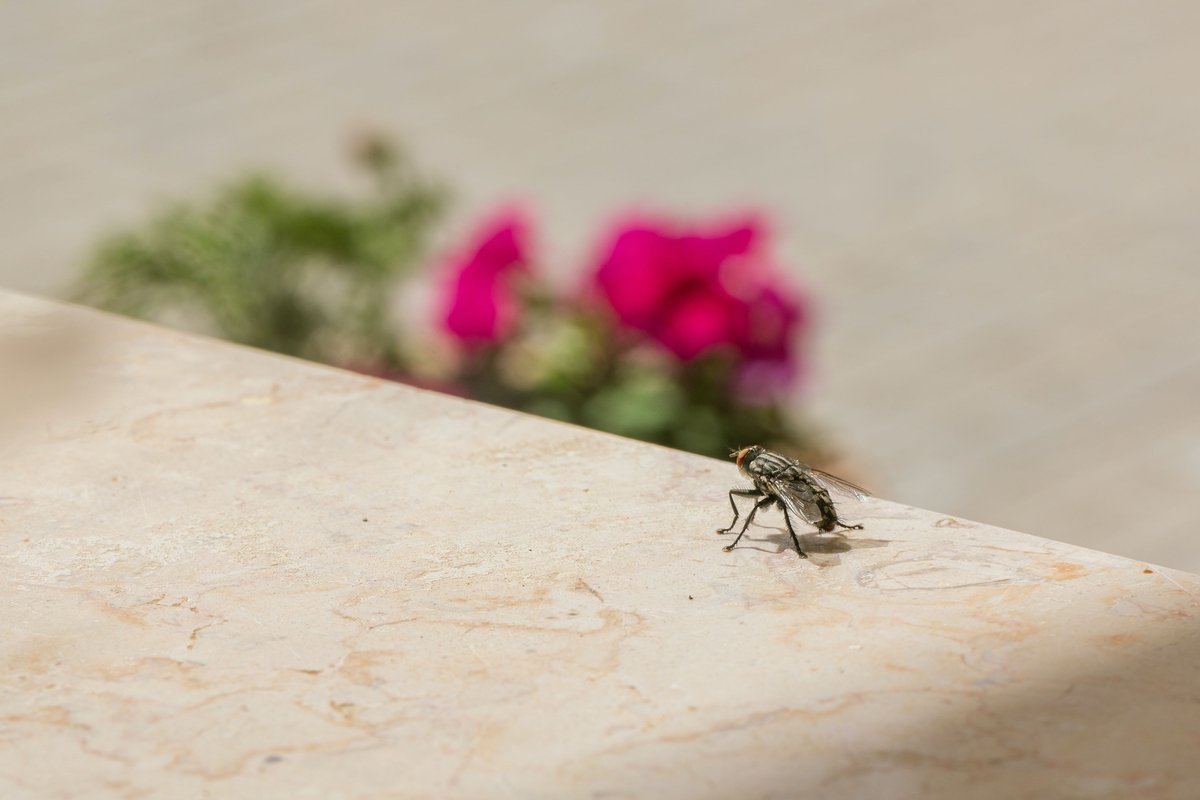
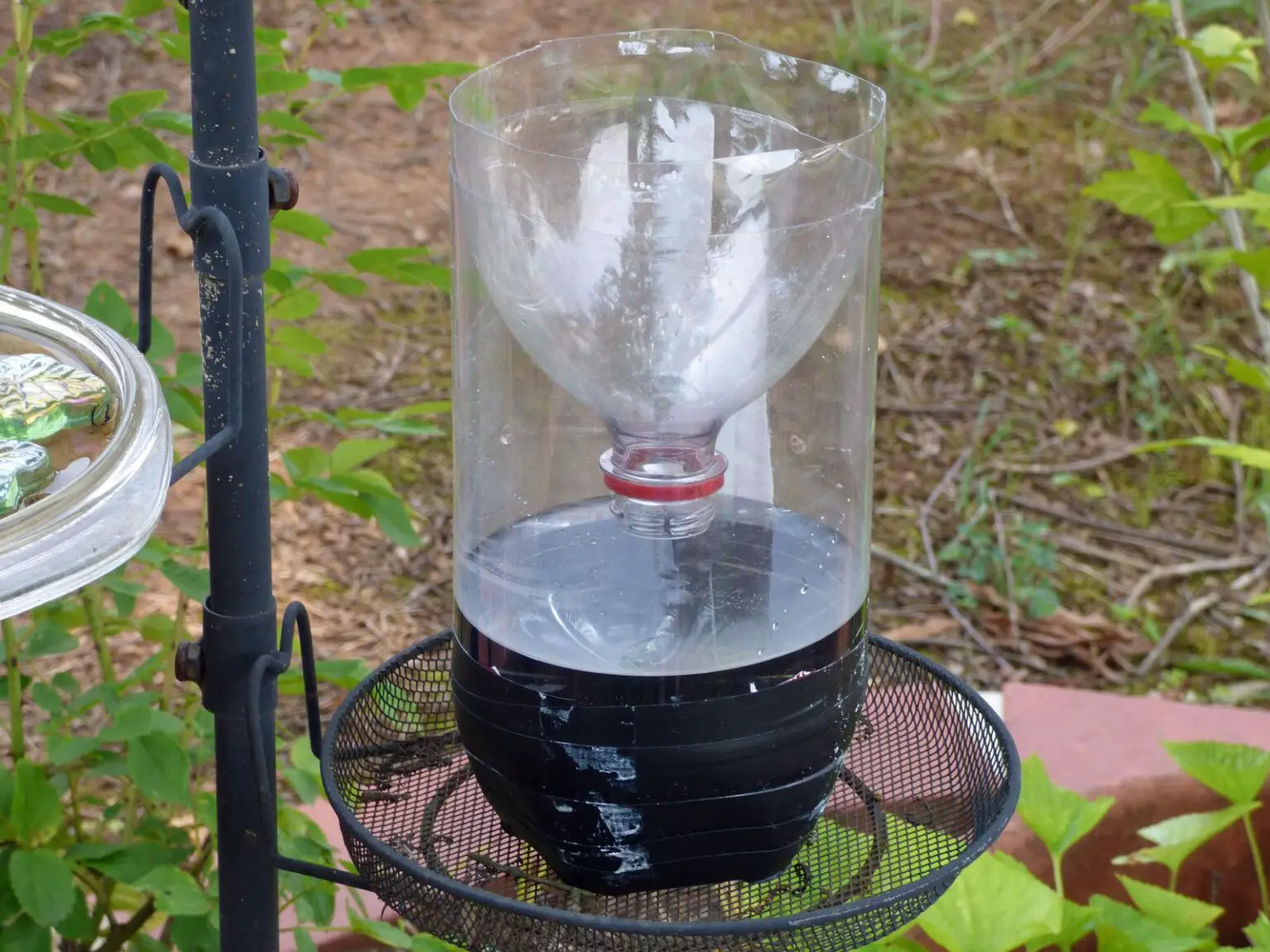
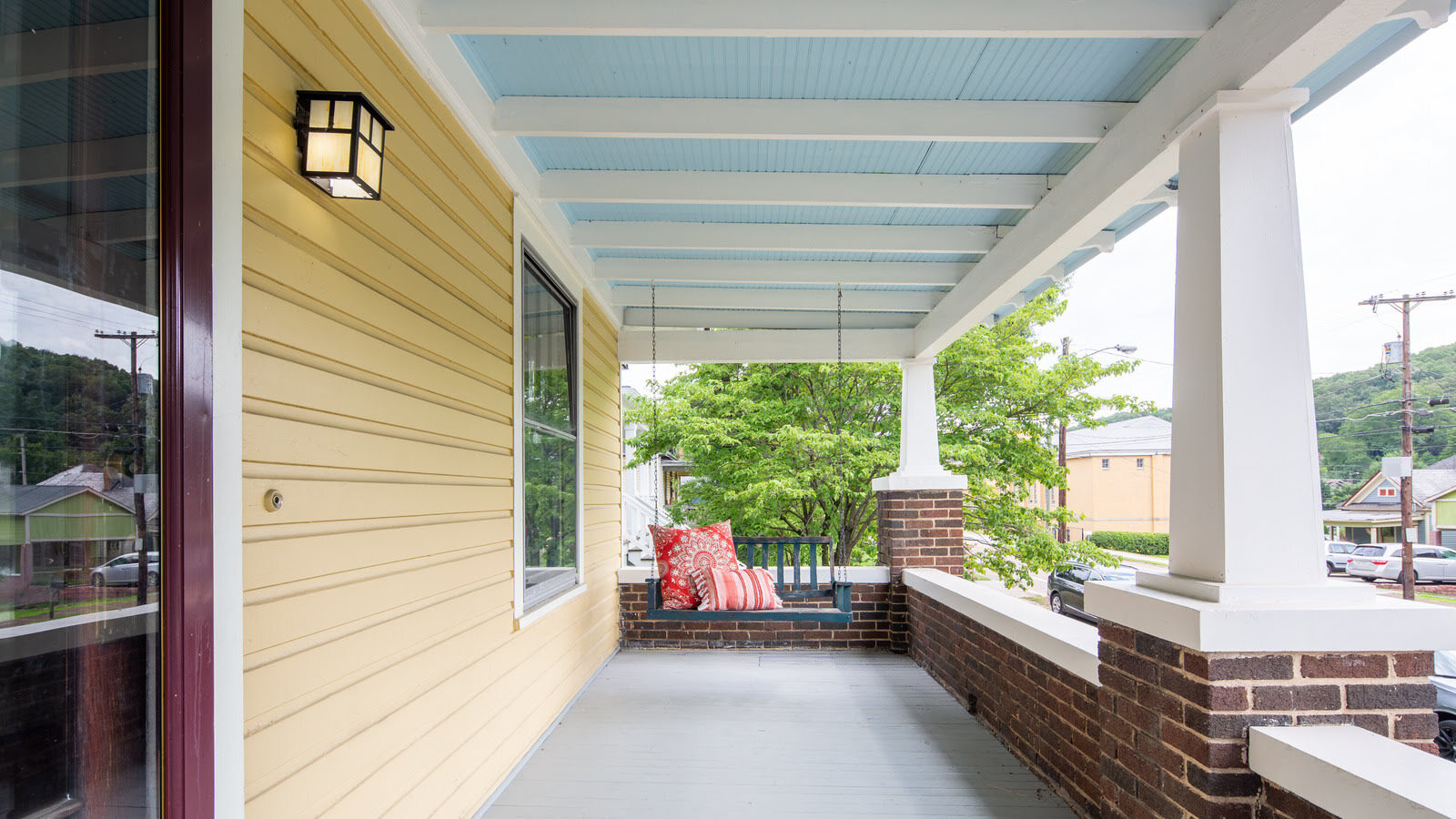
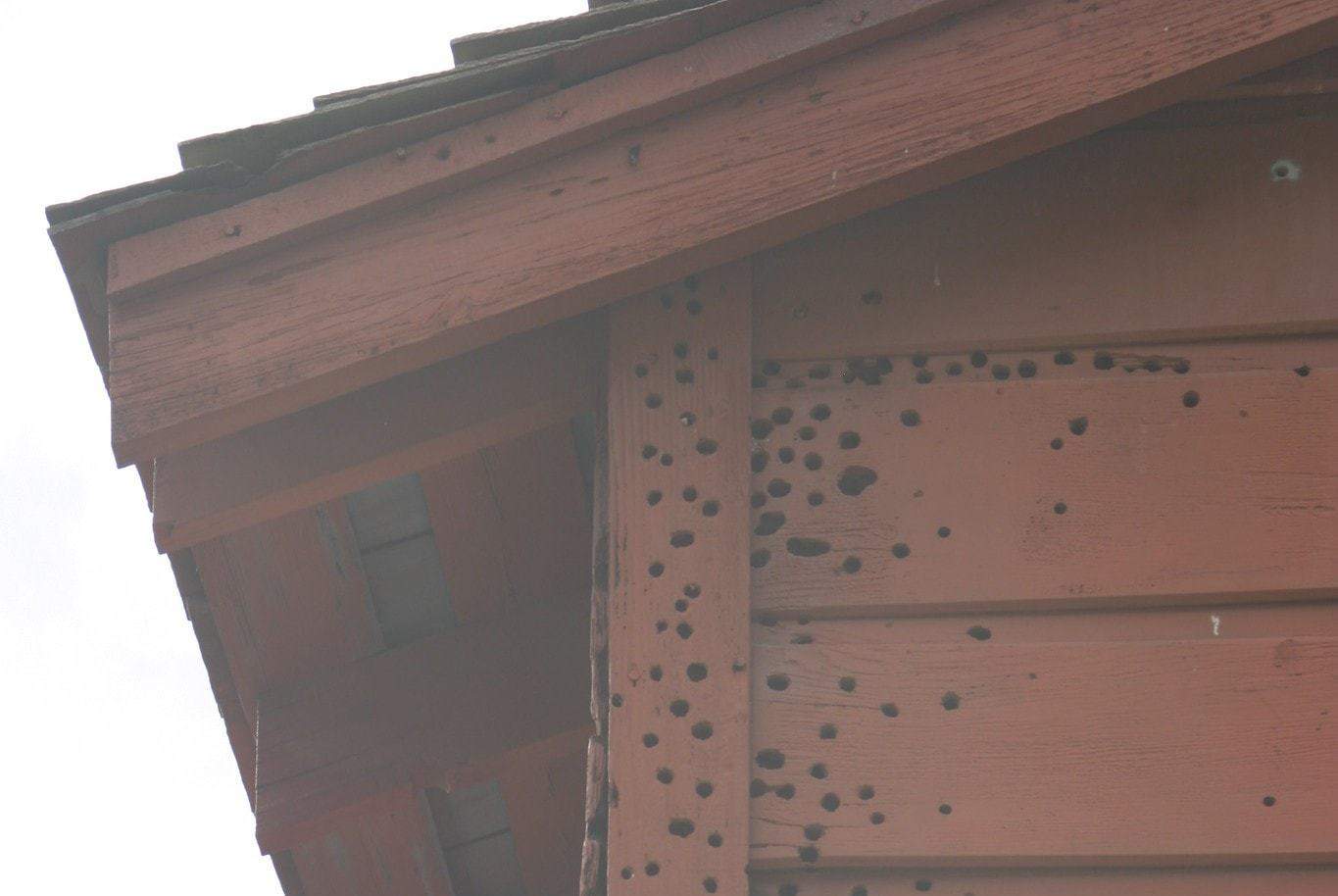
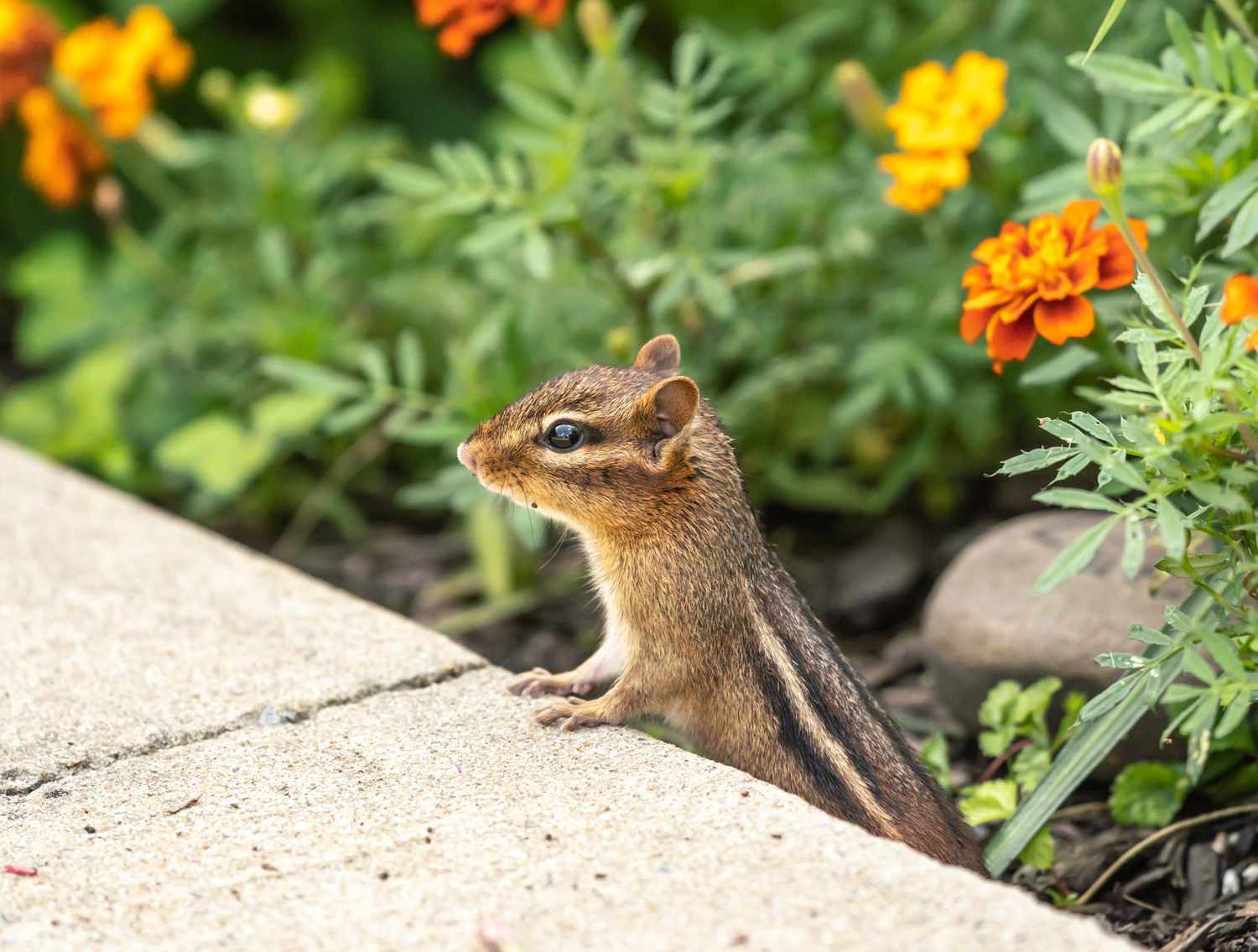
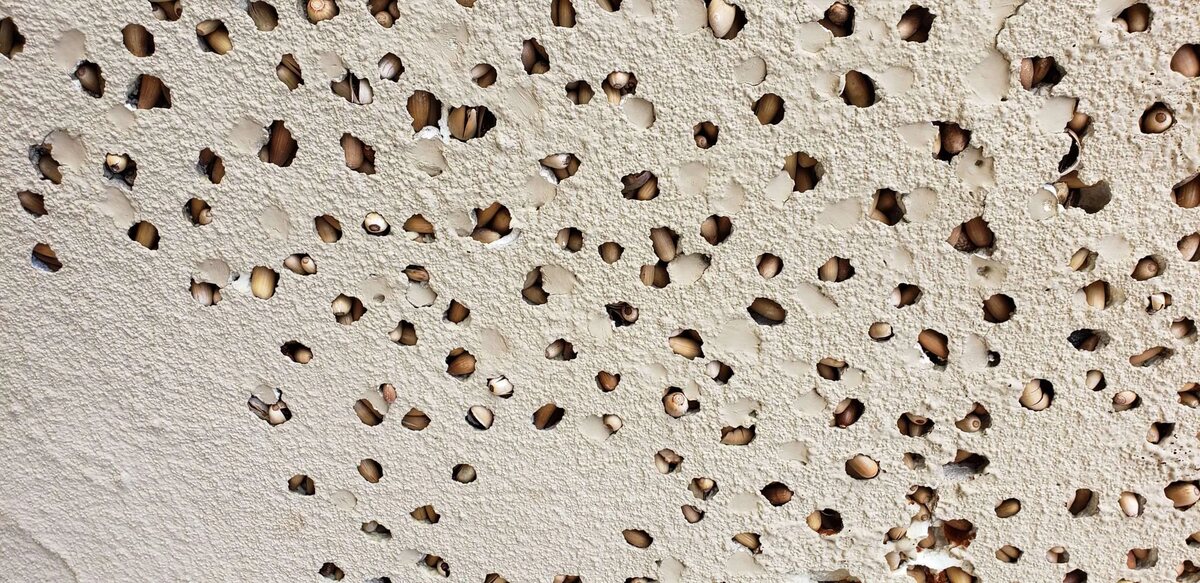
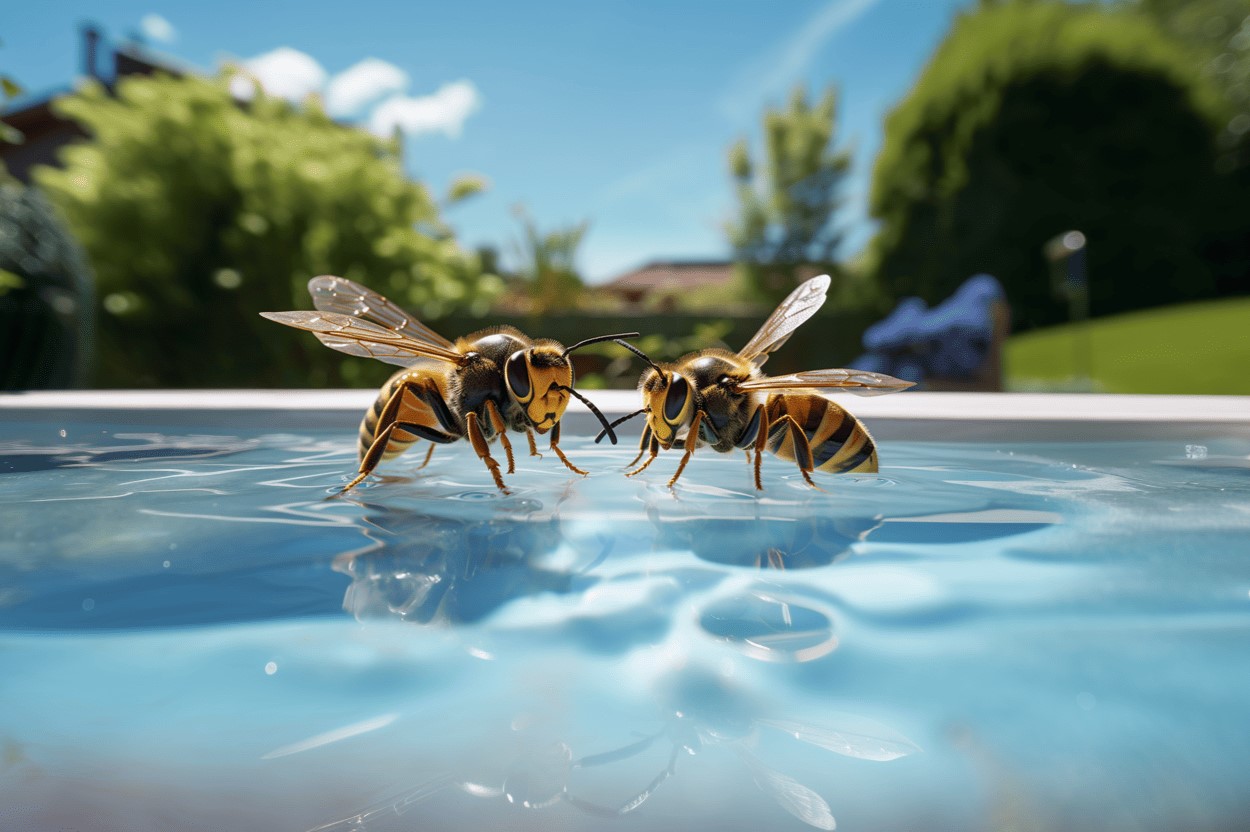
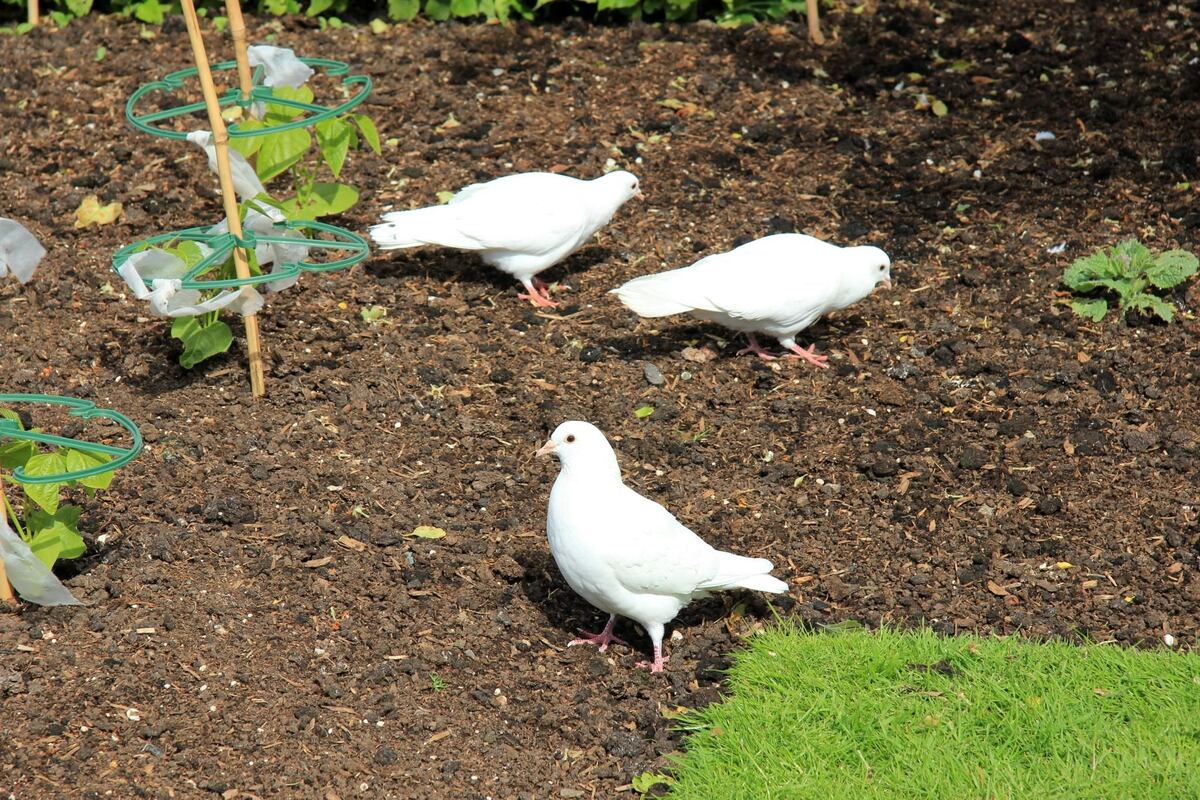
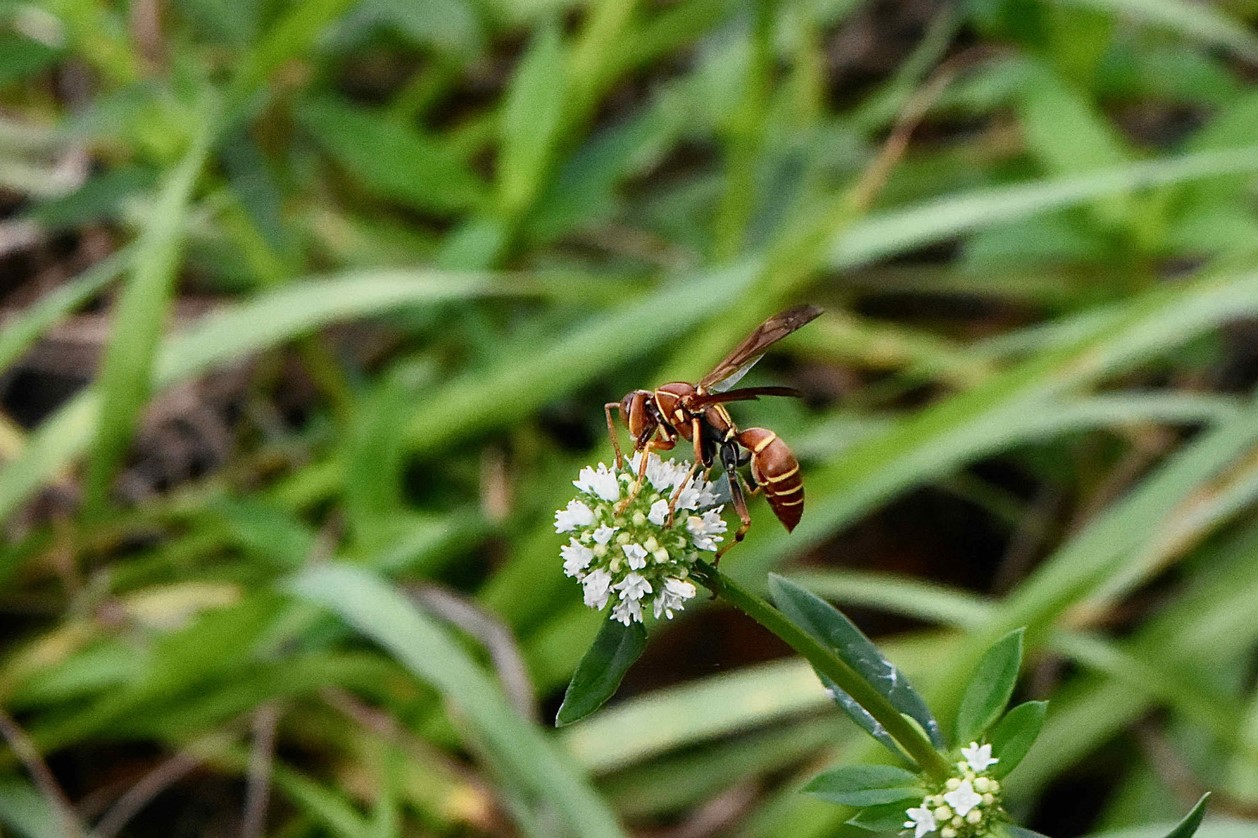
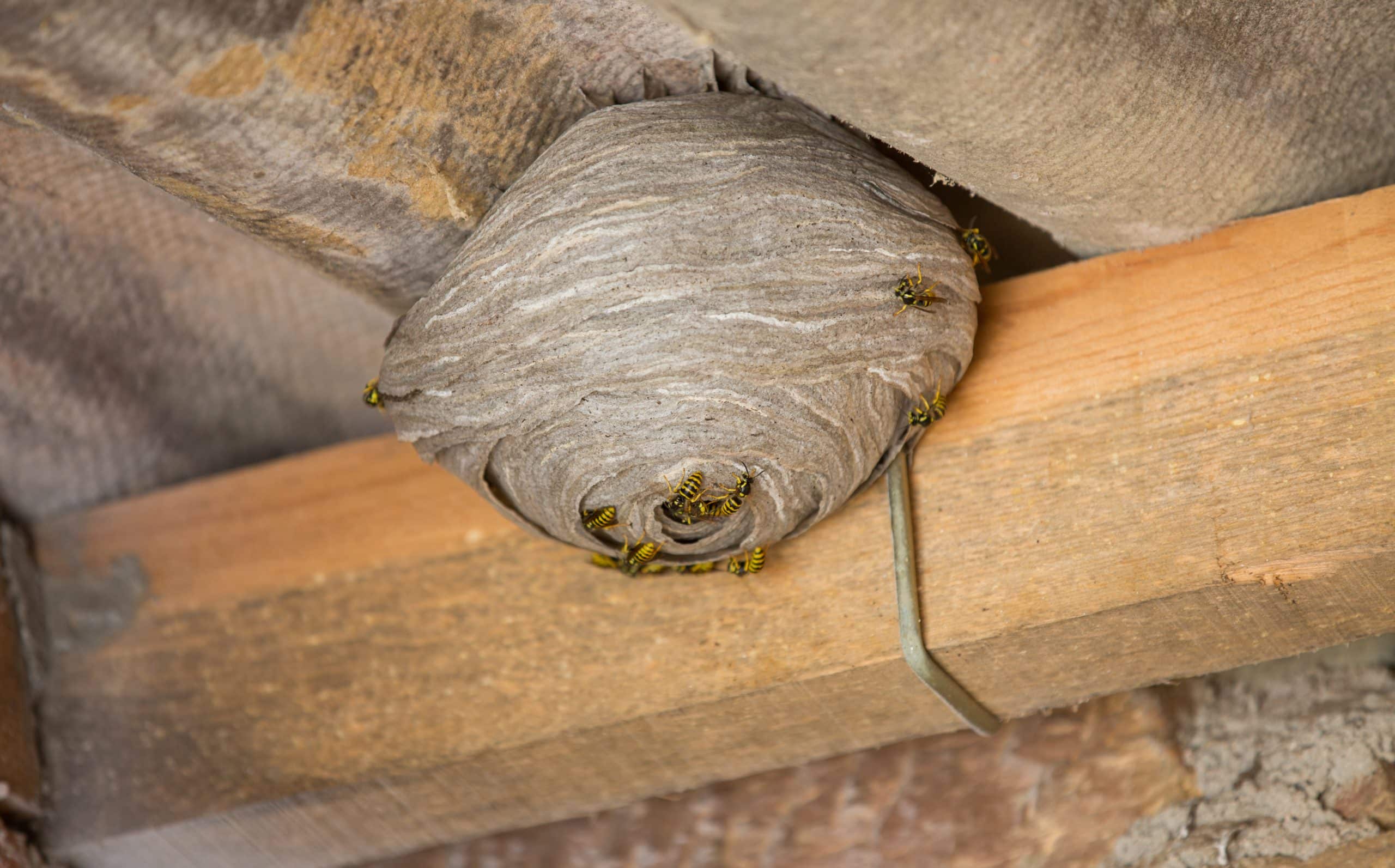
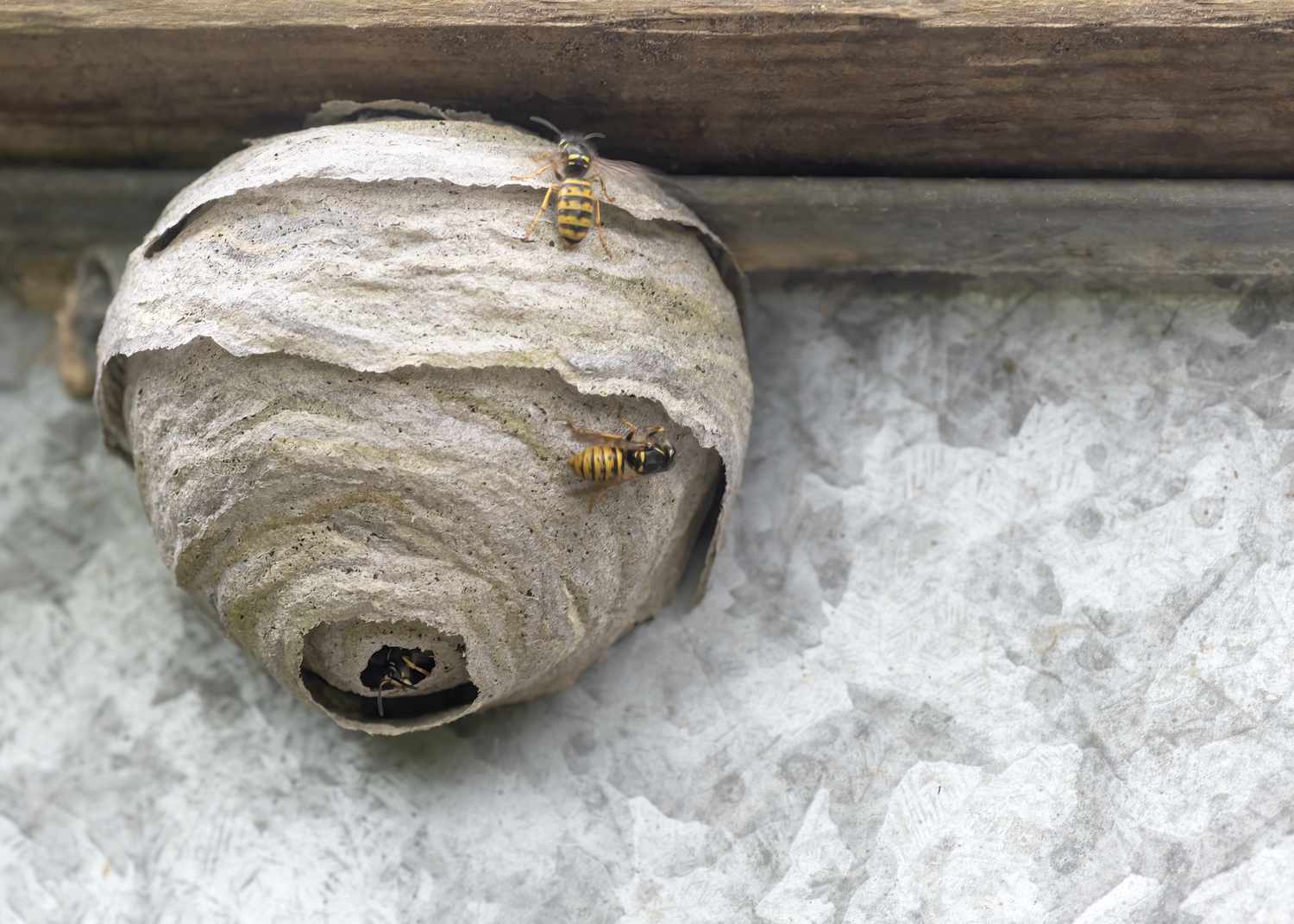
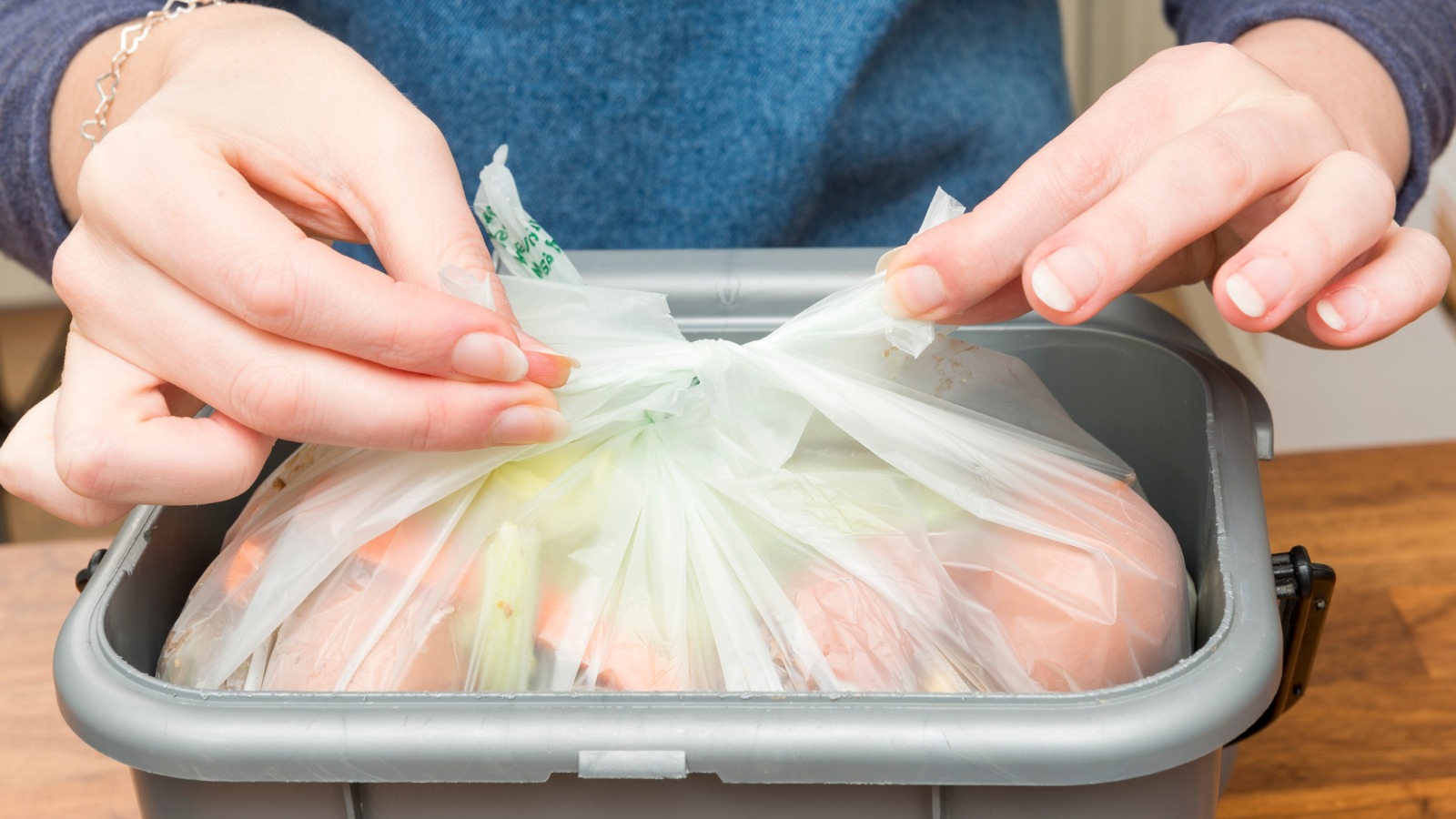
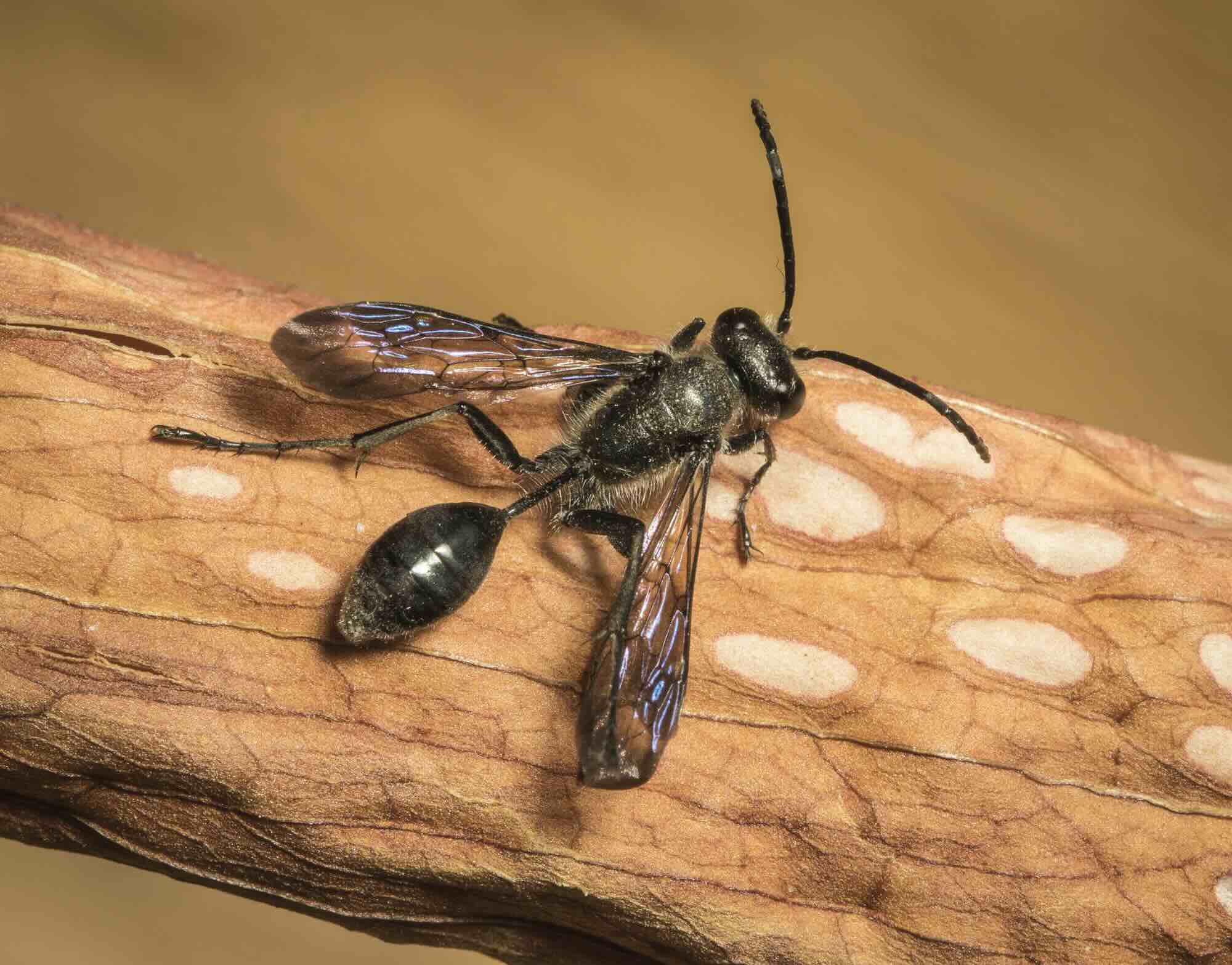

0 thoughts on “How To Deter Wasps From A Patio”